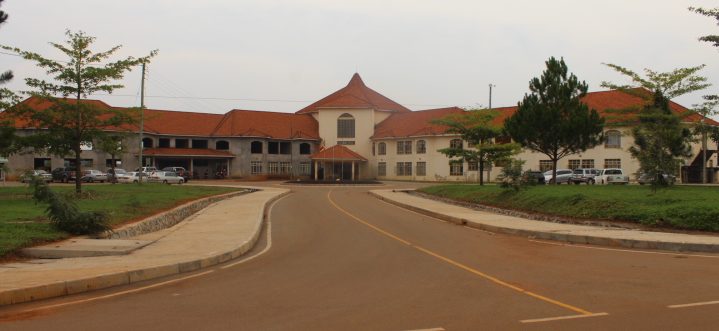Tourism & Investment
The mandate of Tourism subsector is to promote sustainable Tourism development. Currently, the subsector is part of the Trade, Industry and Local Economic Development (LED) Department. Tourism Development is an emerging and rapidly growing industry with great potential and prospective for local revenue generation
The tourism products and sites include viewing of the Kibiro Hot springs (Kigorobya S/C), beautiful scenery of Lake Albert and its escarpment, Lake Albert shoreline and sand beaching, fishing in canoes on lake albert waters, fishing by rope baiting, watching different species of birds along lake albert (Kigorobya and Buseruka S/Cs); Kabalega Falls at the Dam (Buseruka S/C); Wild life in Kaiso-Toonya Game reserve and Community Wildlife Conservation Area (Buseruka S/C); habituated Chimpanzee game walking and watching; (Kitoba S/C); pottery products (local clay pots and other numerous handcrafts products from clay); skins and horns from wildlife (especially monkeys, baboons, antelopes, etc); wooden, clay and stone carvings; natural forests’ products (mushrooms, unique tree species, forests’ fruits, etc); special vegetation along river Kafu (Kyabigambire and Buhanika S/Cs); other scenic views products all over the district (District Tourism profiling report, 2019) and religious tourism through camp meetings, congregations, pilgrimages and conventions.
The general natural heritage of Hoima and Uganda at large gives a major advantage for tourism development. As part of supportive infrastructure, there is generally very few recreation and hospitality centres; about 23 hotels and guest houses exist in the district; of which all of them are Star 1 or even less. There are also about 36 low grade restaurants scattered in trading or urban centres.
The major stakeholders in the tourist value chain are the tourism promoters, transporters (travel & Tour), hoteliers, tourist guides, policy makers and leaders and other business actors (like local producers of tourist products). In the district, there is already identified service providers in transport (like God is Able Tours and Travel Company Limited) adequately able to deliver tourists from Entebbe to Hoima.
From the climate change perspective, overseas visitors tend to increase during dry season (November-February) due to quick access to preferred sites especially in remote areas and the reverse holds true in wet season. Therefore, programming events during dry season that can increase visitor stays becomes paramount and economically yielding.

